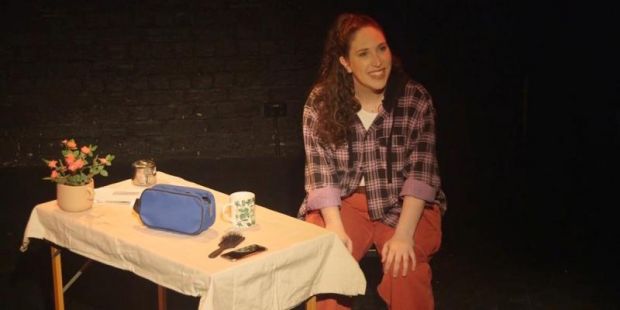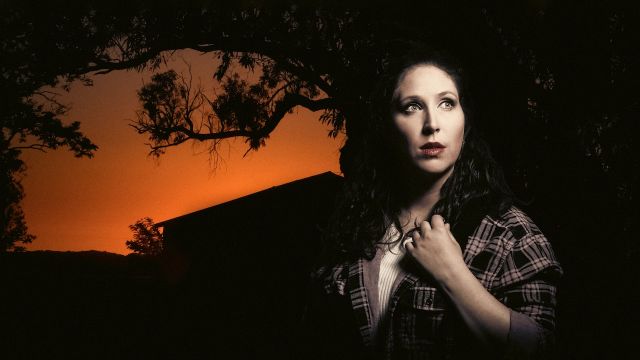After Rebecca
‘Last night, I dreamt I went to Manderley again’ is one of the most famous opening lines of a novel, originally written by Daphne Du Maurier in the 1930s. That story concerned a young woman in a whirlwind romance, whisked away to the country estate (Manderley) of a millionaire whose first wife tragically died in an accident.
Emma Gibson’s version moves the opening to be contemporary Australia, and whilst adopting similar themes and characters, takes the story in a different direction to become one frighteningly familiar to women everywhere.
Gibson’s Max is still a millionaire – here’s he’s a contestant on a reality dating show, where the narrator is a production assistant. She is smitten by him and jumps at his offer to walk away from the television show and join him at his outback station – unsure whether she’s there as his lover or personal assistant, and the others at the station aren’t sure what to make of her either.

For fans of Du Maurier’s book, the infamous Mrs Danvers of Du Maurier’s creation becomes a man, Danny (the affectionate and private nickname she had in the original novel), and the sister Lacey remains, but the narrative is stripped back to the barest minimum of players.
Michelle Cooper tells the story as a monologue, barely catching breath for sixty minutes as she takes us on a bumpy dirt-road journey of power, coercion, control – and others’ complicity in the abuse suffered. Cooper is outstanding as she brings us into her confidence, sharing not just what happened, but how she felt about it – and we get that in more than spoken words: her facial expressions, body language, and subtle nervous tics, all tell us how excited or uncomfortable or terrified she is, as the memories good and bad fill her head. You can see a moment of joy turn horribly wrong as Cooper’s smile crumples in disgust.
Cooper and Gibson co-direct, and the movement around the stage has intent – and is intense. They know exactly how to build the tension, bring us close, and then release it with a shock. There’s barely time for the revelation of one terrible thing to sink in before another begins. The gothic horror genre of the original novel is not lost in translation. Daniel McCusker’s design – particularly his sound – is a great underscore of the place and time with the sounds of the bush, a party, a quiet shop door announcing a customer. But he’s also not afraid to turn up the tension with a discombobulating drone to enhance the audience’s fear – there’s more than a nod to Hitchcock in this stage play (Alfred directed a movie version of the book in 1940).
The resulting performance is riveting, distressing, and horrifically recognisable. It’s a post-#metoo expression of frustration that despite the increased awareness, nothing much seems to have changed: the perpetrators abuse and use their power to continue the suffering of women – and most others, men and women alike, allow that to perpetuate.
Opening in Adelaide just before International Women’s Day and days after the publication of Australia’s gender pay-gap report quantified how far we still have to go, this is exceptionally relevant. And competing amidst a Fringe full of escapist comedy and superficial gratification, Gibson’s writing and Cooper’s performance are much smarter, more stimulating – and so vital.
Review by Mark Wickett
Photographer: Darren Gill
To check out our round-up of Adelaide Fringe reviews, click here.
Subscribe to our E-Newsletter, buy our latest print edition or find a Performing Arts book at Book Nook.

